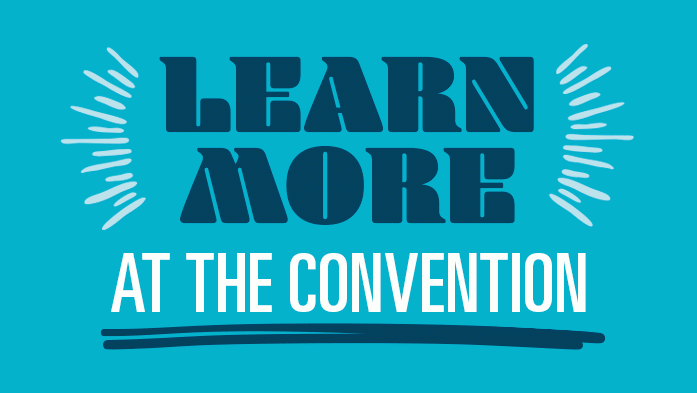
Building a Dependable, Sustainable Business
Real estate business success should include CRM tools, personalized prospecting, lead generation strategies, consistent workflows and tech integration.
NEW YORK – Achieving and mastering a real estate career requires agents to use a database management and technology system that ensures healthy customer relationships and a pipeline of prospects.
A customer relationship management (CRM0 system is essential for overseeing client relationships, automating communication and capitalizing on every opportunity in your database. Strong CRM systems maintain and optimize databases with automated personalized campaigns and integrated social media based on client data inputs. Effectively managing the database enables agents to scale the business while keeping relationships personal and impactful.
Agents also need to identify their strengths and weaknesses to get new client business, which means assessing which methods are the most successful. Identifying a preferred method of prospecting enables consistent effort and long-term effectiveness, avoiding burnout from strategies that feel forced or unnatural.
Whether through farming, open houses, social media or sphere-based referrals, agents can tailor their approach to fit market conditions and personal style. Consistent execution, strategic tracking and ongoing refinement of prospecting efforts ultimately build a strong and sustainable pipeline of quality leads.
Real estate professionals thrive with well-defined systems that bring consistency, efficiency and reduced stress to daily operations. Structured processes for appointments, listings, buyer consultations and time management can be effective in this area.
Tools that include checklists, automated follow-ups and standard operating procedures (SOPs) help streamline workflows and prepare for future growth. With strong systems in place, more time can be spent on high value tasks like client relationships and negotiation.
Effective presentation skills are essential for real estate professionals to build trust, communicate value and stand out in a competitive market. Strong listing presentations include uncovering seller motivation, presenting a clear agenda, showcasing a unique value proposition and outlining communication and pricing strategies. At the same time, successful buyer consultations involve educating clients, using data-driven tools, discussing negotiation tactics and setting expectations with formal agreements. Mastering these elements helps convert prospects into committed clients and reinforces professional credibility.
Lead generation is essential for sustaining and growing a successful real estate business, combining traditional outreach with digital strategies to maintain a strong pipeline. Strategies range from open houses, farming and community involvement to paid ads, video marketing and tech-driven automation. High funnel efforts attract early-stage prospects, while low funnel tactics target ready-to-act buyers and sellers. A balanced approach ensures consistent opportunities and broad market reach.
To succeed in today's competitive real estate environment, pros must take deliberate, strategic action by implementing systems that drive consistency, leveraging technology to manage relationships at scale and choosing prospecting methods aligned with their strengths. Every aspect of the business must be intentional and repeatable.
Source: Inman (05/30/25) LeClair, Terry
© Copyright 2025 Smithbucklin

